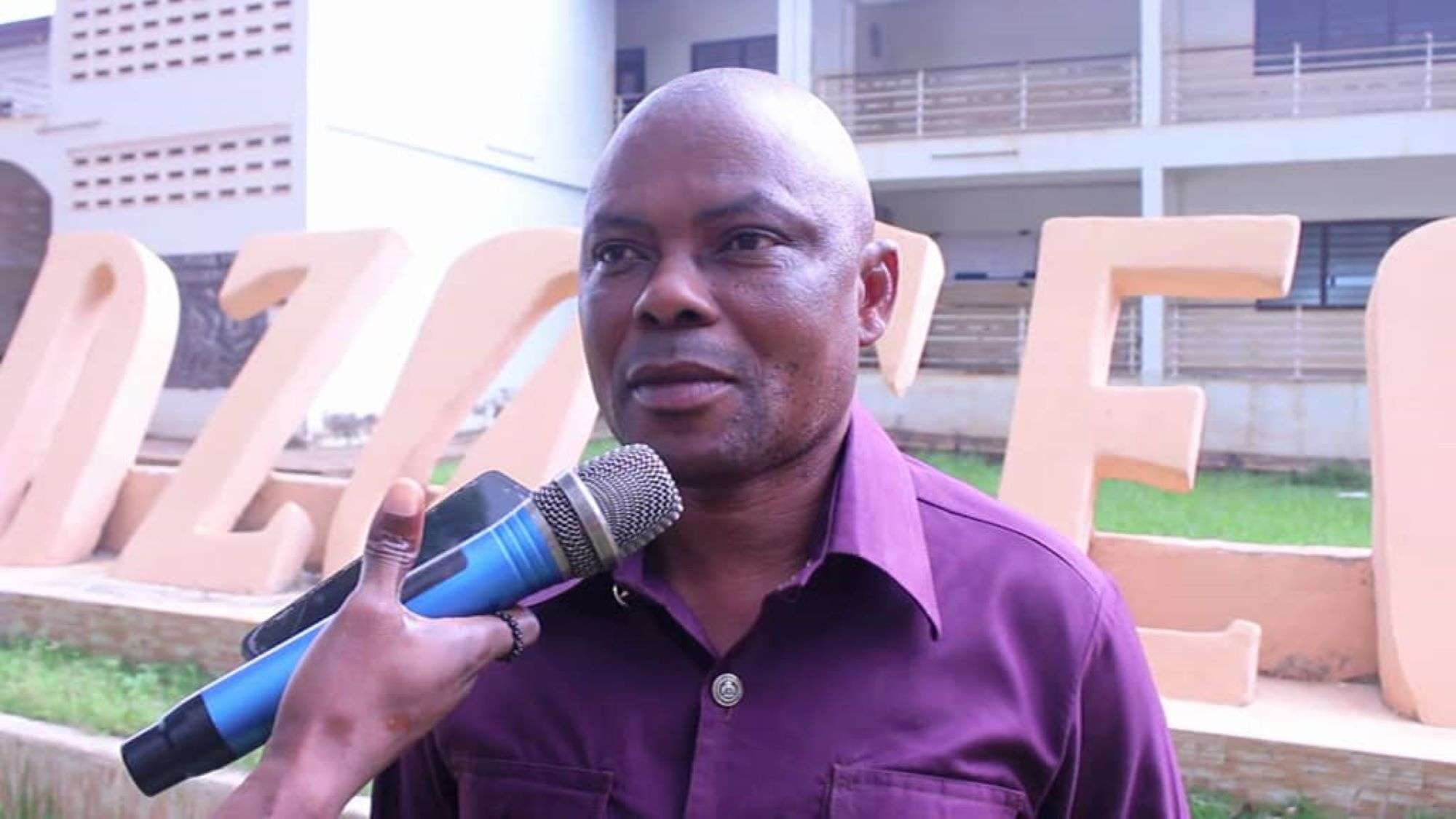The Centre for Democratic Movement (CDM) has called on the government to adopt a swift, strategic, and non-partisan response to the recently announced 10% tariff imposed by the United States on Ghanaian exports.
The move, announced by U.S. President Donald Trump and reportedly linked to Ghana’s average 17% tariff on American goods, has sparked alarm across sectors dependent on U.S. trade, particularly cocoa, textiles, and agriculture.
The CDM, in a statement released in Accra described the tariff as ‘a bread-and-butter issue’ that threatens the livelihoods of farmers, factory workers, and small business owners across the country.
The group called on the government, the opposition, and civil society to form a united front to address what it called ‘a serious challenge to Ghana’s economic sovereignty.’
Victor Gyapong, one of the CDM convenors, emphasized the human impact of the tariff, stating, “This is not just a technical matter of trade. It is about the cocoa farmer in Sefwi, the young seamstress in Tema, and the cashew exporter in Techiman. Their livelihoods are on the line. Ghana must act, and act smartly.”
According to the CDM, nearly 30% of Ghana’s cocoa exports to the U.S. consist of value-added products like cocoa powder and paste — which now fall under the 10% tariff.
Similarly, Ghana’s apparel sector, which employs over 5,000 workers through youth employment schemes and industrial parks, faces reduced competitiveness in the U.S. market.
The Convenors of CDM also questioned the legality and justification of the tariff, considering Ghana’s continued eligibility under the African Growth and Opportunity Act (AGOA) — a U.S. trade policy offering duty-free access to Sub-Saharan African countries.
“AGOA has specific requirements. Ghana has met them. If the U.S. has concerns, they must be addressed through AGOA mechanisms or diplomatic channels — not through blanket tariffs,” co-convenor Asare Kennedy added.
The group stressed that AGOA has facilitated the export of over 6,700 Ghanaian product lines to the U.S. without tariffs since 2000, helping diversify the country’s export base beyond raw materials.
The CDM proposed a multi-pronged response, urging the government to pursue the following actions:
High-Level Diplomatic Engagement: CDM welcomed the Ministry of Foreign Affairs’ invitation to the U.S. Ambassador but called for direct presidential or vice-presidential talks with the U.S. Congress and USTR.
AfCFTA Activation
CDM called on Ghana to lead by example under the African Continental Free Trade Area (AfCFTA), which promotes intra-African trade and industrialization.
WTO and ECOWAS Engagement
CDAM said if necessary, Ghana should seek redress at the World Trade Organization and galvanize ECOWAS member states to respond collectively to punitive trade actions.
Legislation for Export Support
CDM recommended that Parliament fast-track a National Export Adjustment Facility funded by petroleum revenues to cushion affected exporters and support industrial retooling.
Strengthening Local Value Addition: Long-term policy should pivot toward agro-processing and value addition to reduce dependency on raw exports and external markets.
“This is not a time for partisanship, blame, or bureaucracy. Let our response be measured, grounded in law and diplomacy, and driven by the collective good of the Republic. Ghana first and always,” CDM stressed
It reaffirmed its mission to promote democratic accountability, good governance, and policy advocacy beyond political affiliations, indicating that Ghana has overcome greater challenges before and that with clarity of vision, unity of purpose, and courage of conviction it shall prevail again.










